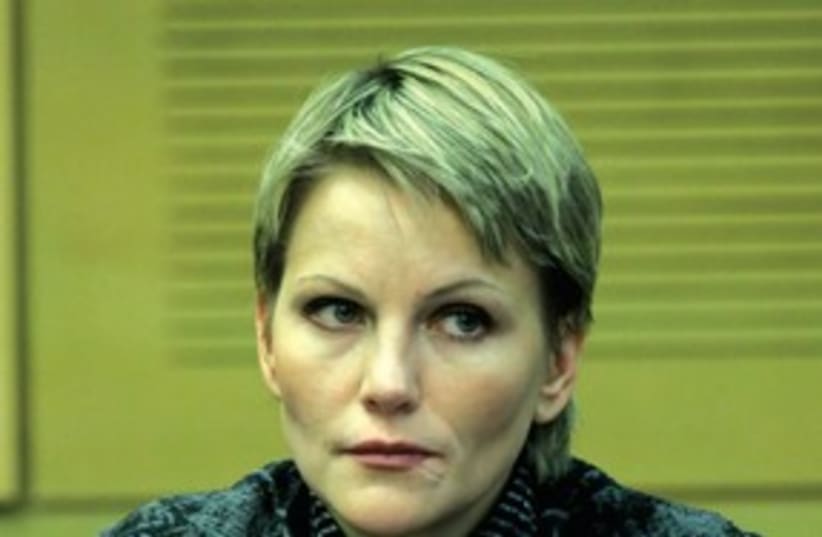The writer teaches at the Max Stern Yezreel Valley College and was a Knesset employee for many years.
An upswing in Israeli racism
This month’s events produced at least four news items that appear to relate to racism and intolerance.

The writer teaches at the Max Stern Yezreel Valley College and was a Knesset employee for many years.